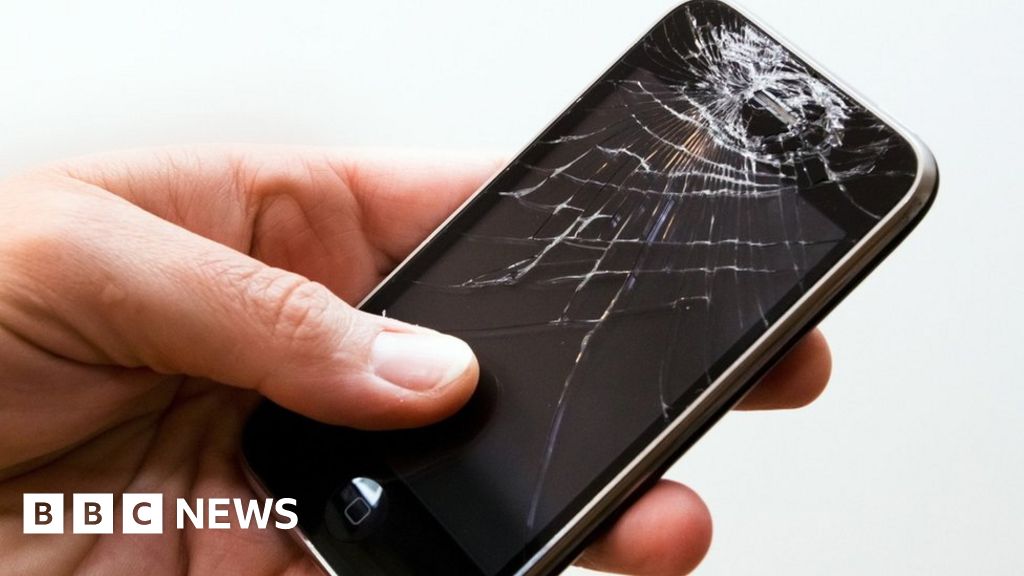Apple 'loses Money On Phone Repairs'

 Image copyright
Getty Images
Image copyright
Getty Images
Apple says it loses more money than it makes when repairing customer devices such as iPhones and Macbooks.
Answering questions from US politicians investigating anti-competitive practices, Apple said it had lost money on repair services since 2009.
Apple typically charges more than unofficial repair shops to fix things such as smashed screens.
But the company also said customers were "free to obtain repairs from any repair shop of their choice".
In September, Apple was sent a list of questions by a US House Judiciary Committee, which is investigating "competition in digital markets".
In response to a question about how much the company earns from repair services, Apple said: "For each year since 2009, the costs of providing repair services has exceeded the revenue generated by repairs."
The company currently charges £326.44 to replace the screen on its new iPhone 11 Pro Max, and £596.44 for other repairs on the device, if it is out of warranty and the customer has not bought the AppleCare+ protection plan.
It charges £152.44 to replace the screen on an out-of-warranty iPhone 8.
Prices at unofficial repair shops vary, but are usually significantly cheaper than an official repair.
The BBC found third parties retailers that would replace an iPhone 8 screen for between £50 and £90.
"Unfortunately, there's no way to fact check Apple's accounting on repairs because of the vagaries of revenue reporting," Kay-Kay Clapp from the independent repair website iFixit.
"Knowing how much we pay for parts and the general labour costs of the repair industry, it seems unbelievable that they're not making money from repair services."
Responding to the US committee, Apple said: "Repairs performed by untrained technicians might not follow proper safety and repair procedures and could result in improper function, product quality issues or safety events."
Asked whether it took any action to block consumers from seeking an unauthorised repair, the company said: "Apple does not take any actions to block consumers from seeking out or using repair shops that offer a broader range of repairs than those offered by Apple's authorised technicians."
Apple told the BBC it had nothing to add to its written answers to the committee.
Apple also answered questions about the Maps app, which is pre-installed on its iPhone and iPad devices.
In 2012, the company was criticised for removing Google Maps as its default navigation app. Many customers said Apple Maps had launched before it was ready.
In its answers to the committee, Apple said it had invested "billions of dollars" in its map software.
It suggested the reason it decided to develop its own Maps app was to give customers more control over their privacy.
From Chip War To Cloud War: The Next Frontier In Global Tech Competition
The global chip war, characterized by intense competition among nations and corporations for supremacy in semiconductor ... Read more
The High Stakes Of Tech Regulation: Security Risks And Market Dynamics
The influence of tech giants in the global economy continues to grow, raising crucial questions about how to balance sec... Read more
The Tyranny Of Instagram Interiors: Why It's Time To Break Free From Algorithm-Driven Aesthetics
Instagram has become a dominant force in shaping interior design trends, offering a seemingly endless stream of inspirat... Read more
The Data Crunch In AI: Strategies For Sustainability
Exploring solutions to the imminent exhaustion of internet data for AI training.As the artificial intelligence (AI) indu... Read more
Google Abandons Four-Year Effort To Remove Cookies From Chrome Browser
After four years of dedicated effort, Google has decided to abandon its plan to remove third-party cookies from its Chro... Read more
LinkedIn Embraces AI And Gamification To Drive User Engagement And Revenue
In an effort to tackle slowing revenue growth and enhance user engagement, LinkedIn is turning to artificial intelligenc... Read more

